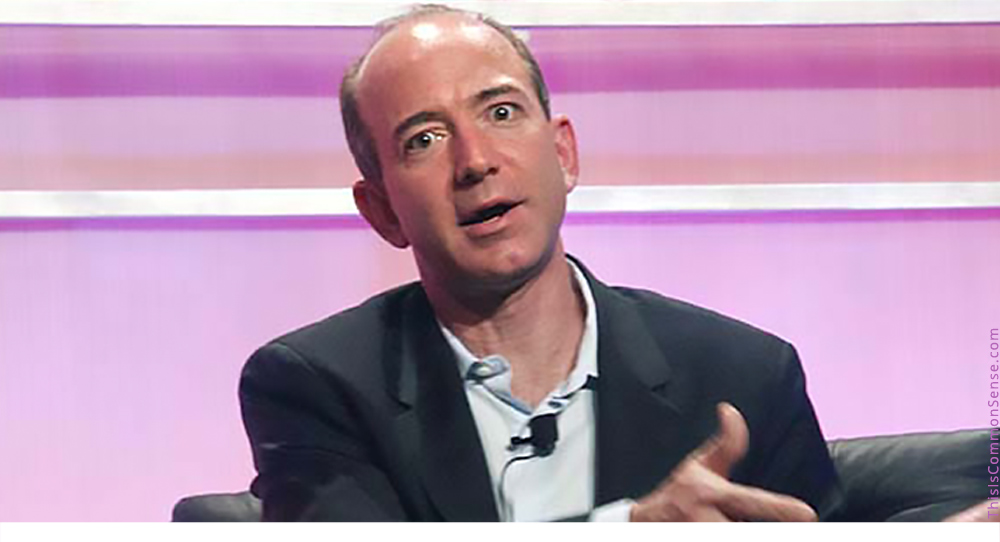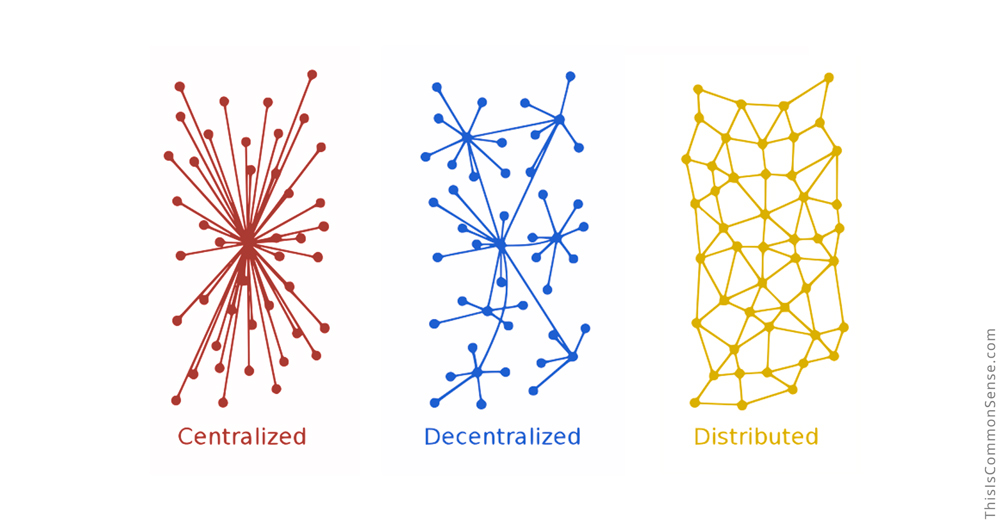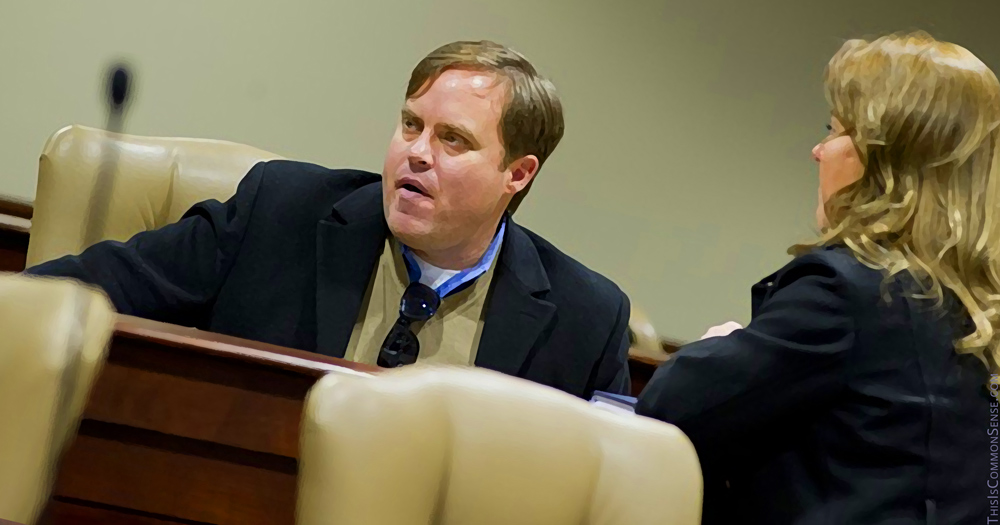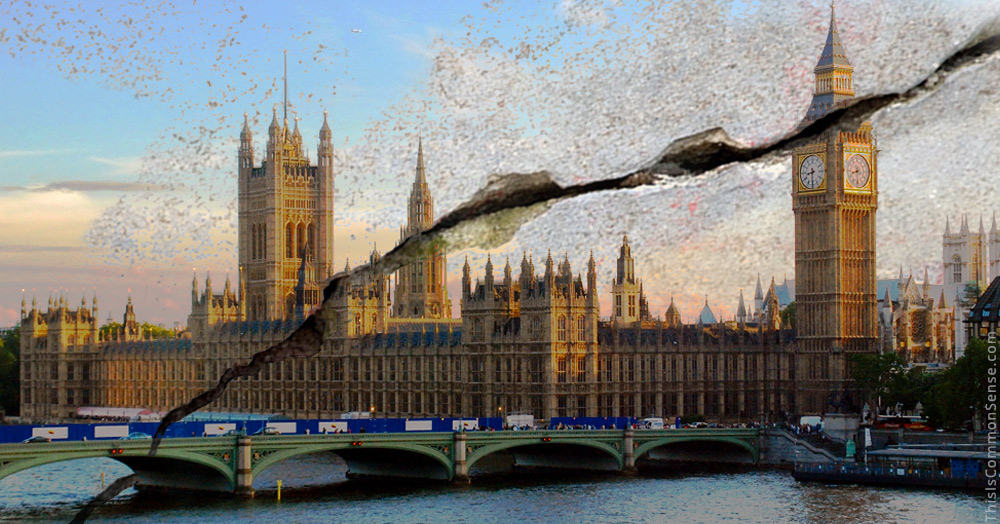A half a year ago, when trying to make sense of the much-publicized search for Amazon’s “HQ2” — a second headquarters city, away from Seattle — I concentrated on the subsidies that cities and metro areas were apparently throwing at Amazon.
It all seemed desperate, indecent.
But there was a story behind the story. Amazon has every reason to be looking for an escape route from the Evergreen State’s biggest city.
The city’s leadership is nuts.
“Seattle City Council members have finally released draft legislation,” the Seattle Times’ Daniel Beekman wrote last month, “for a new tax on large employers that would raise $75 million next year to address homelessness.”
The council blames the big companies for enticing workers into the city, thereby driving up rental costs and housing prices.
The tax would be on employee hours, would go into effect next year, and “in 2021, it would be replaced by a 0.7 percent payroll tax on the same category of companies,” explains the Seattle Times.
Now, if you tax something you discourage that something. That’s why progressives like sin taxes on sodas and fast foods. To discourage consumption.
So when progressives seek to tax big producers, they are apparently trying to tax away the housing crunch by driving away big business.
Amazon reacted. It put a halt to an expansion project.
“Jeff Bezos is a bully,” said Kshama Sawant, the confessed socialist, speaking for the council. “I think we are in broad agreement on that.”
If that is her attitude, and that of the council — and the consensus of the city’s denizens — then what Amazon’s Jeff Bezos really is?
A “good businessman.”
This is Common Sense. I’m Paul Jacob.











